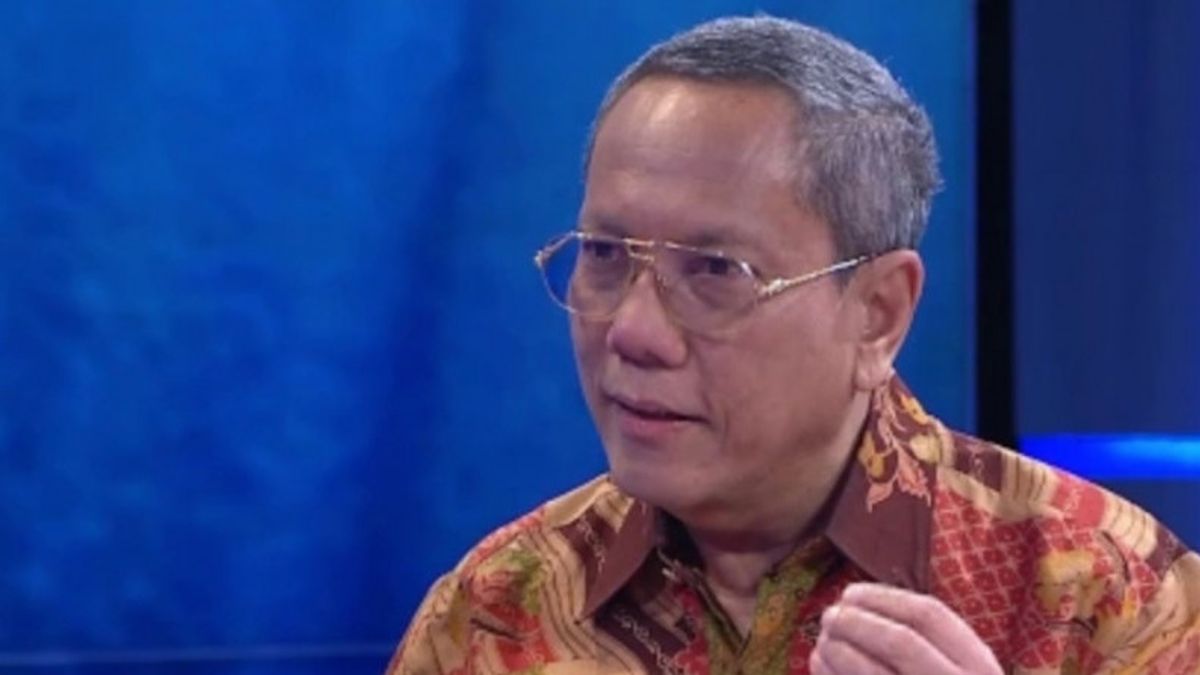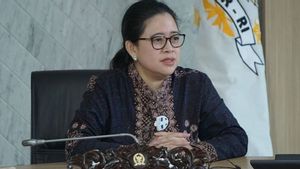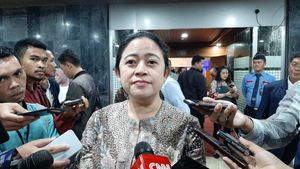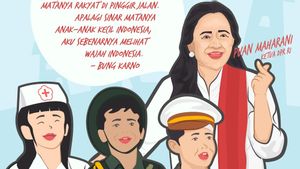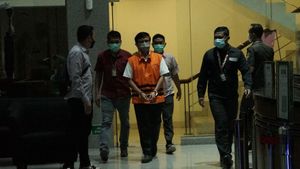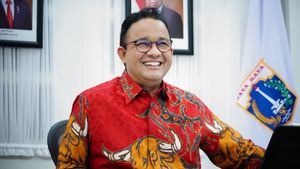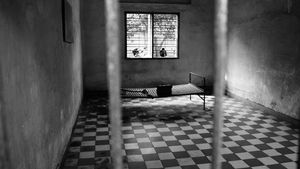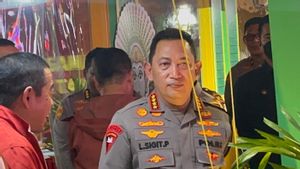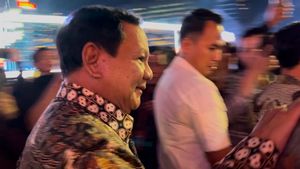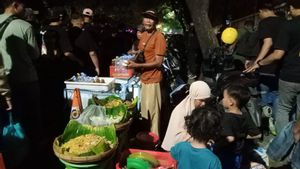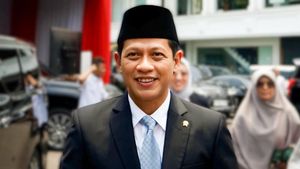JAKARTA - Professor of the Faculty of Medicine, University of Indonesia (FKUI) Tjandra Yoga Aditama conveyed five proposals related to the continuation of the Implementation of Restrictions on Community Activities (PPKM).
"Last night it was decided that PPKM would be continued until August 2, 2021, with some adjustments. So that this continued PPKM can have an optimal impact on transmission in the community and improve the epidemiological situation, there are at least five things that are proposed to be done," Tjandra Yoga Aditama was quoted as saying. from Antara, Jakarta, Monday, July 26.
The first thing the Joko Widodo (Jokowi) government has done is to fulfill the target of increasing testing and tracing. Among them, the national target of 400 thousand per day and one case traced by 15 people must be met immediately.
"In the 22 days of PPKM so far, there are only two days where the testing is more than 200 thousand, the others are all still at 100 thousand," he said.
Tjandra said there must be a test and traceable data per Regency/City. "If it's only a national figure, it could be because some areas are very high and some are very low," he said.
Efforts to find those who are positive on tests and tracing, said Tjandra, have a double benefit, namely isolating those who are infected, thus breaking the chain of transmission and so that they can immediately receive good health treatment.
Tjandra's second proposal was related to provisions in the market and other informal sectors that could operate during PPKM. This sector can be the main target of test and trace activities.
"Friends of informal sector workers need to be continuously informed that if there are symptoms and suspicion of being infected, immediately contact the health officer to do a test. If it turns out that later there are positive ones, of course, the concept of massive tracking of traders and consumers must be carried out in great detail," he said.
The third proposal, said Tjandra, was a follow-up to the President's directive which conveyed the Delta variant and also the possibility of other variants that would exist.
According to Tjandra, it is necessary to increase the Whole Genome Sequencing (WGS) examination in a much larger way in order to identify variants as stated by the President.
Based on data as of July 18, 2021, from GISAID, which collects all the sequencing of the COVID-19 virus in the world - stated that the sequences sent from Indonesia were 3,206 genomes, while the Philippines had sent 5,305 genomes, Singapore had 3,481 genomes, and India had even checked and sent 35,868 genomes.
"Of course we don't need to compare it with the United States which has sent 634,825 genomes or the United Kingdom with 565,277 genomes," he said.
The third proposal that needs to be done is an evaluation of the results of the PPKM which includes aspects of epidemiology and transmission in the community using five indicators, namely the mortality rate, the number of new cases, the number tested, the positivity rate, and the reproduction rate.
SEE ALSO:
"In terms of health services, in this case, do not only look at BOR and treatment in the ER, but also assess the number of health workers who have contracted COVID-19, especially if someone dies," he said.
The fifth proposal submitted by Tjandra was the implementation of PPKM in the field in the coming days.
"Indeed there are questions about how the details of implementation, such as how to assess only 20 minutes of eating at a place, or the capacity of certain activities only 50 percent and others, and this is a field challenge to actually do," he said.
According to Tjandra, a balance is needed, for example, the informal sector can operate, while the formal sector receives a monthly salary working from home, or other modified forms of innovation.
The English, Chinese, Japanese, Arabic, and French versions are automatically generated by the AI. So there may still be inaccuracies in translating, please always see Indonesian as our main language. (system supported by DigitalSiber.id)
